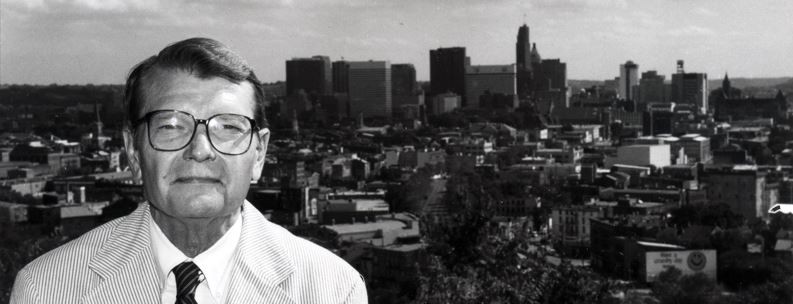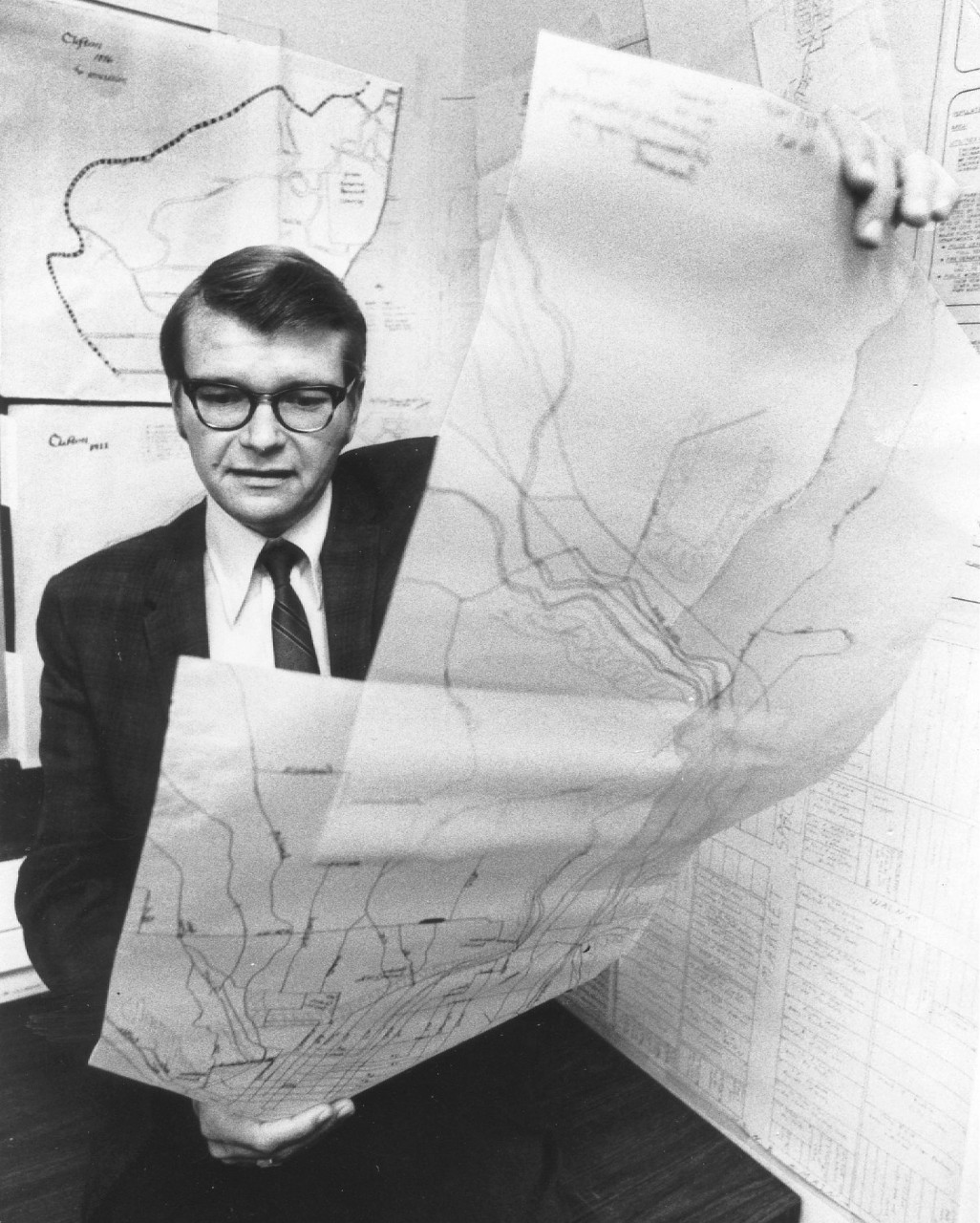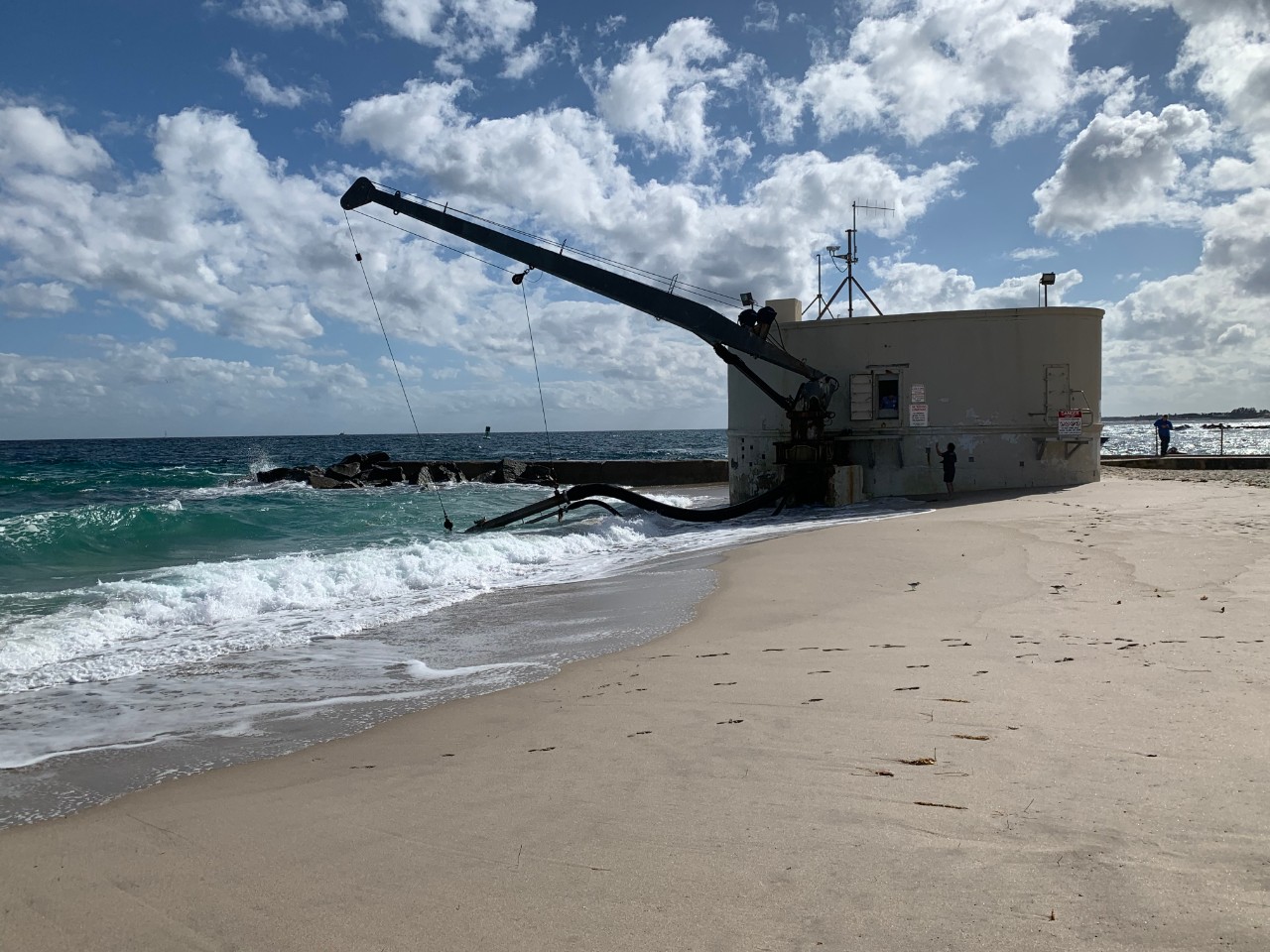
Remembering University of Cincinnati Professor Zane L. Miller
Professorship reaches $1 million in gifts
The name Zane L. Miller, PhD, evokes memories of a diligent researcher, passionate professor, collaborative colleague and the individual responsible for establishing the University of Cincinnati as a center of urban historical studies.
Miller, who passed away in 2016, invested in UC and its history department by starting the Zane L. Miller Professor of American Urban History at the College of Arts and Sciences. The professorship recently achieved a significant milestone, becoming fully funded with a total of $1 million from gifts and Miller’s estate.
“Zane’s generous financial contributions and those from his devoted and generous former doctoral students helped to set up funding in a number of categories that have been vital to the life of the mind in our department,” says Maura O’Connor, head of the Department of History. “Preserving the importance of urban history is Zane’s legacy.”

Zane Miller, PhD.
O’Connor, who was on faculty with Miller before his retirement, says he mentored junior colleagues, helping them to connect with venues and forums around the city that were beneficial to their work.
“He loved what he did and inspired me and others,” she says.
In addition to the professorship, the Zane Miller Prize for Best Graduate Student Research Paper is awarded each year, as is the Zane Miller Fellowship for graduate students.
Cincinnati and urban history
Zane arrived in Cincinnati in 1965 to teach at UC. His “History of Cincinnati” undergraduate class was deeply popular and David Stradling, PhD, says he was “an energetic mentor with a lively teaching style.”
Stradling, interim director of the School of Environment and Sustainability, is the first Zane L. Miller Professor of American Urban History.
“Zane and his students created an incredible amount of scholarship, writing Cincinnati into the urban history of the United States,” he says. “This professorship allows that process to continue, to keep Cincinnati as a focal point in urban historical studies.”
Miller’s extensive research and scholarly work delved deep into the urban history of Cincinnati, painting a vivid picture of the city’s growth and development over time. Beyond Cincinnati, his work also explored the broader history of cities and their influential impact on critical aspects of society, including the political culture, environment, transportation, and the intricate relationship between cities, rural areas, and suburbs.
Through his insightful analysis, Miller shed light on the complex dynamics that shape our urban centers and their interactions with the surrounding regions.
“Zane really put the “urban” into my perspective and truly appreciate how cities, particularly Cincinnati, grow and evolve physically and politically,” says John Deatrick, CEAS ’79, a former student and the former director of transportation and engineering for the City of Cincinnati.
Zane was a true scholar. He encouraged students to ask as many questions as they could, about everything, about language, bureaucracies, organizations.
David Stradling, PhD Zane L. Miller Professor of American Urban History
Professorship makes an impact

A stationary dredge in Palm Beach Shores is an innovative solution to the problem of longshore sand movements that are interrupted by shipping channels.
Endowed professorships allow the university to attract top talent since funds sustain research and allow for thriving, creative careers. For example, Stradling has been able to travel to research the global history of dredging, visiting archives and dredge sites. Dredging, the excavation of material from water ecosystems, is essential to building and protecting urban wealth, although it can hurt the environment. Thanks to the Miller professorship, Stradling recently visited the National Maritime Museum in San Francisco, reading the papers of a dredge inventor. He’s journeyed to the Netherlands and the Florida Everglades.
He is honored to represent Miller’s legacy.
“Zane was a true scholar. He was ever dedicated to learning about cities, how they worked, why they failed, how they might be improved,” he says. “He encouraged students to ask as many questions as they could, about everything, about language, bureaucracies, organizations.”
More about Miller
Miller was a native of Lima, Ohio. He married his wife, Janet Miller, a retired Northern Kentucky University professor of education, in 1955 after they met at Miami University. His many published works include "Boss Cox’s Cincinnati: Urban Politics in the Progressive Era."
“Zane wanted to establish a professorship so that urban history would be a subject taught in the future and that the position would attract highly qualified professors,” says Janet Miller. “His interest in urban history was deep and abiding. And it contributed to his dedication to civic awareness and engagement.”
Featured image top: Zane Miller. Photo/UC.
Next, Now
With its focus on innovation and impact, Next, Now: The Campaign for Cincinnati is where ambition meets action. At the University of Cincinnati and UC Health, we’re driven by next; thinking bolder and dreaming bigger to create the tomorrow we envision, today. Learn more at nextnow.uc.edu.
Related Stories
Remembering University of Cincinnati Professor Zane L. Miller
May 20, 2024
The name Zane L. Miller, PhD, evokes memories of a diligent researcher, passionate professor, collaborative colleague and the individual responsible for establishing the University of Cincinnati as a center of urban historical studies.
Uplifting stories help #UCtheGood
July 16, 2020
UC Marketing + Communications gathers recent uplifting stories to help the community focus on the good during coronavirus pandemic.
Just in: UC tops 50,000 students
August 21, 2023
The University of Cincinnati is anticipating a record fall enrollment with a projected 50,500 students. The growth represents a 5.39% increase and reflects the university's core values around academic excellence, access and inclusion, and affordability.
